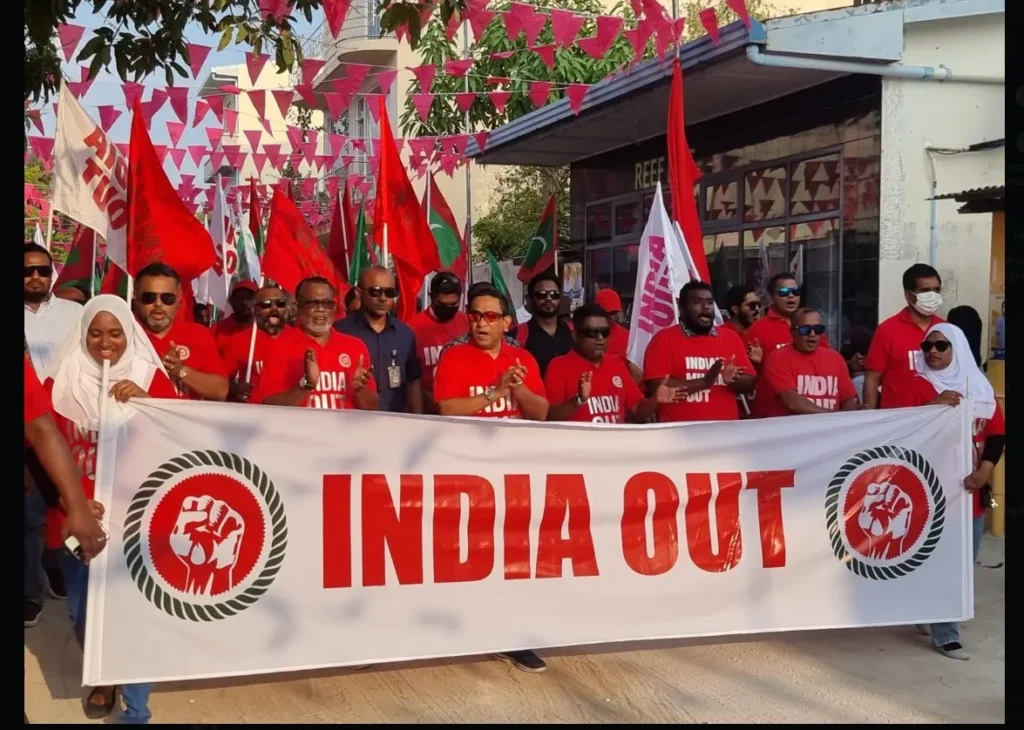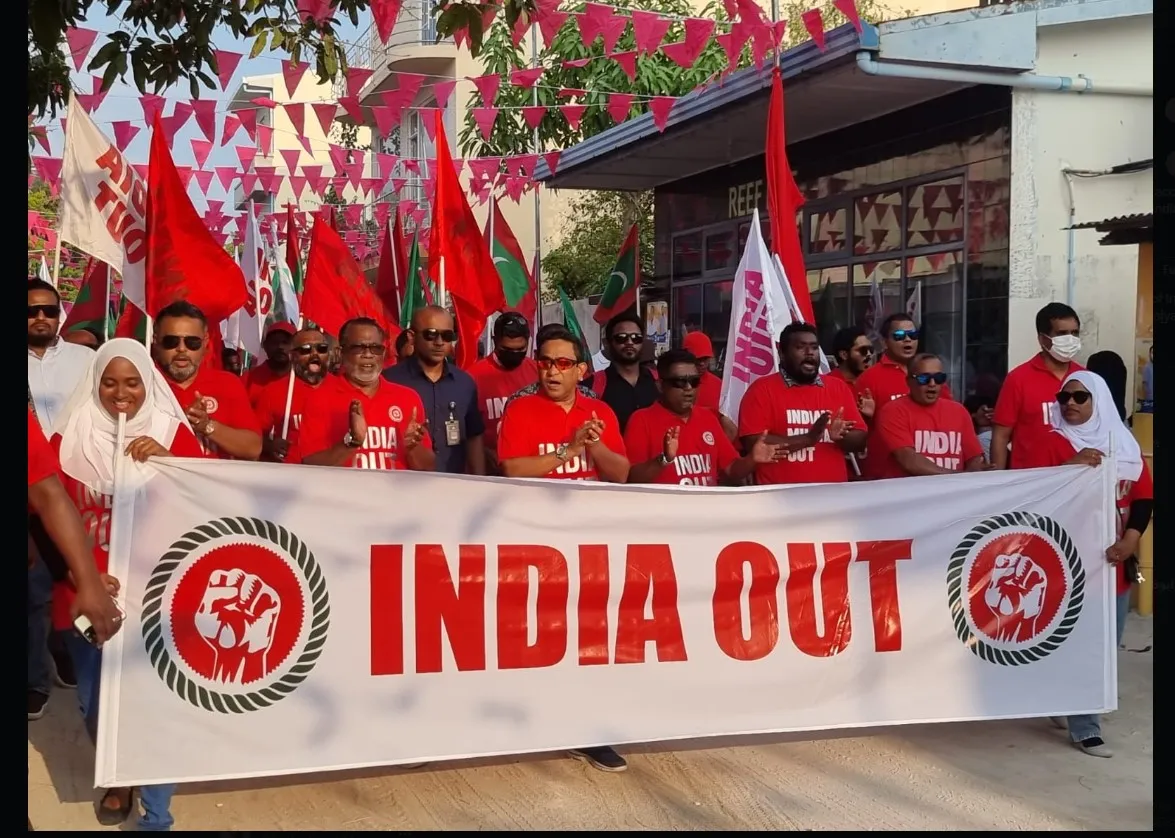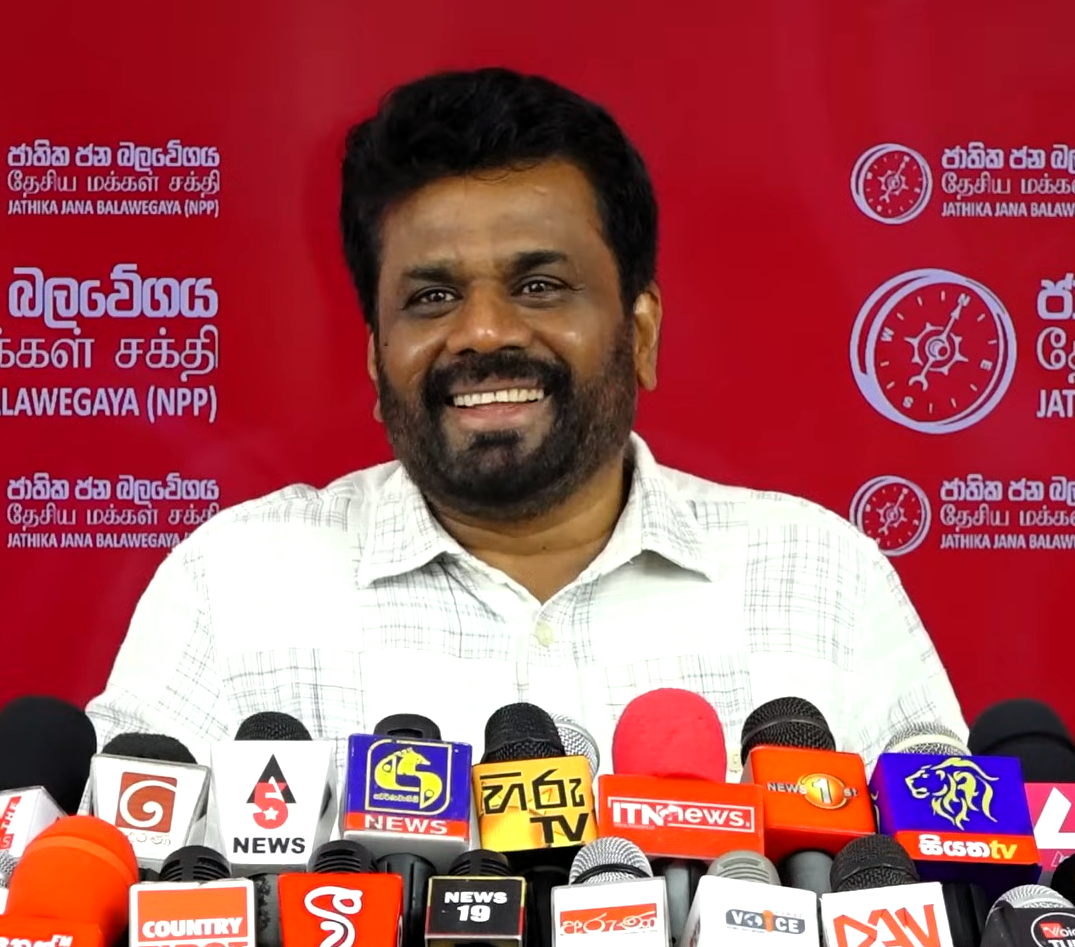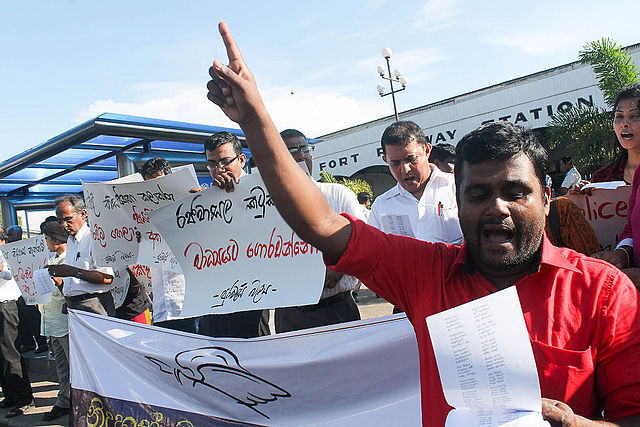By Josh Bowes – Research Assistant SAFN

With a new Maldivian president to be sworn in next month, the island nation will see a significant geopolitical tilt that is likely to ensnare the whole South Asian region in a vicious eye for power between nations. President-elect Mohamed Muizzu’s recent ‘India-Out’ campaign has driven a wedge between India’s long-time alliance with Maldives, with Muizzu instead turning to China for strategic partnership. Despite being only a small nation, the politics of Maldives has long been tumultuously influential in the contentious Indian Ocean Region (IOR). When Maldives became independent from Great Britain in 1965, India was one of the first countries to recognize its sovereignty. As a result, Malé has kept a close strategic relationship with Delhi, made concrete by dictator Maumoon Abdul Gayoom during his three-decade rule of the country, stretching from 1978 – 2008. Ten years later saw the inauguration of President Ibrahim Mohamed Solih, who significantly strengthened the Maldivian relationship with India, affirming bilateral ties and receiving military equipment from Delhi. However, the Maldives-India political, economic and military relationship has taken a dramatic turn: new President Dr. Mohamed Muizzu has sought to turn his country’s geopolitical leaning away from India and instead align Maldives with China, calling for the dismissal of all Indian soldiers stationed in the archipelago. In tandem with Maldives’ history as the cornerstone of the Indian Ocean’s geopolitical system, Muizzu’s controversial move could lead to both a souring of Delhi’s stance towards Malé as well as an intensified India-China rivalry for regional domination.
“President-elect Mohamed Muizzu’s recent ‘India-Out’ campaign has driven a wedge between India’s long-time alliance with Maldives, with Muizzu instead turning to China for strategic partnership“.
President-elect Muizzu is a strong advocate of Maldivian sovereignty and free-will, and believes India’s hand in his country under President Solih has been an overreach of power. Maldives has previously accepted military aircraft as gifts from Delhi, but suspicions rose when the Maldivian defence force reported that as many as seventy-five Indian personnel were in the country to maintain and service the vehicles. Many thought the gift-giving of valuable military equipment was just a deceptive method of positioning Indian soldiers within Maldivian borders. Former Minister of Home Affairs Umar Naseer alleged that the Indian military equipment was being used to collect intelligence on China’s activities in the Indian Ocean, which Beijing utilises as a key trade route and gateway to the Middle East, Africa, and other island nations. To Delhi, Maldives’ turn to China is likely to be viewed as a break of loyalty and a major defeat in India’s competition with China to become Asia’s dominant power. Since taking office, Indian Prime Minister Narendra Modi has aggressively targeted strategic partnerships in the region in an effort to outbid China. With India’s loss of Maldives as a key ally in the Indian Ocean, South Asia is likely to see an intensification in the India-China rivalry. A shadowy war for regional control is already well underway between the two nations, with Modi’s BJP administration attempting to influence elections in Nepal and Xi Jinping aiming to address a long-running boundary dispute with Bhutan.
“To Delhi, Maldives’ turn to China is likely to be viewed as a break of loyalty and a major defeat in India’s competition with China to become Asia’s dominant power.“
More than likely, Beijing will view Muizzu’s decoupling with India as a major strategic and diplomatic victory. China’s recalcitrant campaign to lay claim to a large portion of the South China Sea, as well as continued military confrontation with the Philippines, is part and parcel of Xi Jinping’s strategy to engender China’s influence regionally. Maldives’ changing stance reflects a broader geopolitically dangerous turn of events for the contentious IOR. China’s influence across South Asia is only enhanced with the advent of a pro-China Maldivian leader and will be a detriment to India’s $100 million investment in the Greater Male Connectivity Project. Given the BJP’s continuous social media campaign to extend the reach of Hindu conservatism abroad, Delhi may utilise its online propagandists as a means of swaying the Maldivian people back towards Indian influence. However, Maldives’ history as a staunchly Islamic nation may render such a tactic redundant.
China’s maritime empowerment resulting from Muizzu’s leadership is likely to be a source of encouragement for Xi Jinping. The securing of a partnership with the Maldives will offer Beijing increased incentive to continue its activities in Indian Ocean nations, like Bangladesh and Sri Lanka, where China already has a foothold across various sectors. This is, of course, not excluding Xi’s ultimate ambition to annex Taiwan. All of South Asia will be affected by Muizzu’s ascendancy in one of two ways: either through increased aggression from Delhi to strengthen already established regional partnerships in order to compensate for the loss of a Maldivian linkage, or through more nuanced upheaval of diplomatic strategy to ascertain political power across the region. The latter would likely escalate tensions with China, generally speaking, but especially over the Sino-India disputed territories as a reaction from Delhi. Beijing’s aggressive investment operations in the development of infrastructure mega-projects across the region will likely continue with the addition of Maldives to China’s roster of investment partners.
“The securing of a partnership with the Maldives will offer Beijing increased incentive to continue its activities in Indian Ocean nations, like Bangladesh and Sri Lanka, where China already has a foothold across various sectors.”
International institutions must be wary of the danger a solidified China-Maldives partnership will pose to the surrounding region. It is imperative that Maldives is allowed to flourish as a sovereign democratic nation without any overreach from Beijing. The international community must remain alert to the reverberation of Muizzu’s election victory across Indian politics and the resulting consequences a strong reaction from India’s central government may cause. Policymakers might augment efforts to ensure that Xi Jinping is not too comfortable with exerting his administration across the Indian Ocean and South China Sea. It is in the best interest of both the Maldives and the entirety of South Asia to reject Chinese malfeasance in economic development and political support. For now, the geopolitical stage awaits to see the fallout of the new Maldivian leadership.
Josh Bowes is a Research Assistant at South Asia Foresight Network (SAFN). @Josh_Bowes1



